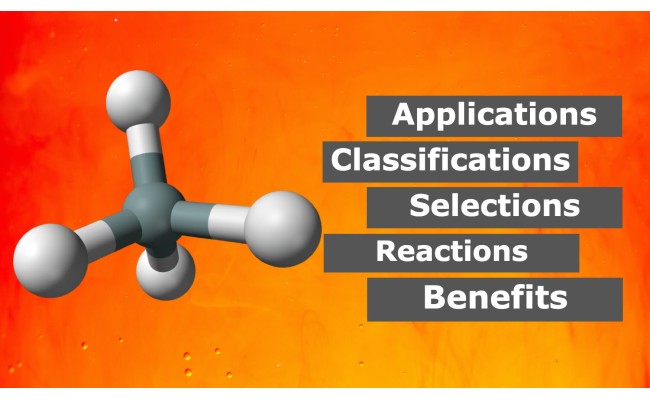- Call: +1 850 633 2663

Do you know that a magical touch of organosilanes in your formulations can take it to the whole new level? Do you know that the silicon atom has some similarities in comparison with the carbon atom. Organic compounds contain carbon. A simple class of organic compounds is the alkanes, containing carbon and hydrogen. The silicon countertype class is the silanes. An alcohol in the carbon family has its counter types in the silicon family with the name “silanol”. And this goes on with other functionalities in their respective classes. Interesting is the situation when these two classes merge. You get a hybrid molecule. These types of molecules are named “organosilicons” or “organosilanes” are attractive nucleophiles compared to other organometallic species: they are less toxic, easier to prepare, and easier to handle.
The covalent attachment of organosilanes has proved to be a simple and versatile method for adjusting the properties of solid surfaces such as wettability, adhesion and surface activity. And of course, everything becomes more interesting when these molecules have functionality in order that they can react with other molecules, substrates (think : hybrid silane coupling)… Other key words are water scavenger, polymer modifier, cross linker, adhesion promoter. The organosilanes can either be incorporated during the synthesis process or they can be grafted on the surface at a later time. Grafting can provide functional groups to be used for downstream grafting of functional agents. We can see that formulators are incorporating organofunctional silanes in their high-performance applications e.g. adhesives and sealants, coatings, filled elastomer systems, reinforced plastics etc. to achieve key performance.
In this training the expert is going to explore the different functional organosilanes along with their properties and benefits over traditional counterparts. Attending this exclusive technical training will train you to:
- Explore many possible ideas with examples to use organosilanes
- Achieve high performances like reactivity, rheology, mechanical properties and many more
- Select and incorporate best organosilanes as per your application needs
Meanwhile he will try to keep the conversation also understandable for persons/professionals who have less experience or new to silanes but want to have an upper hand towards this exciting chemistry.
This is a very useful industry recommended training for chemical industry professionals including adhesives, coatings and polymers; in particular:
- R&D chemists, formulators, new product developers
- Technical service managers, lab managers, product managers
- industry professionals who are working with or want to start with silanes
4 reviews